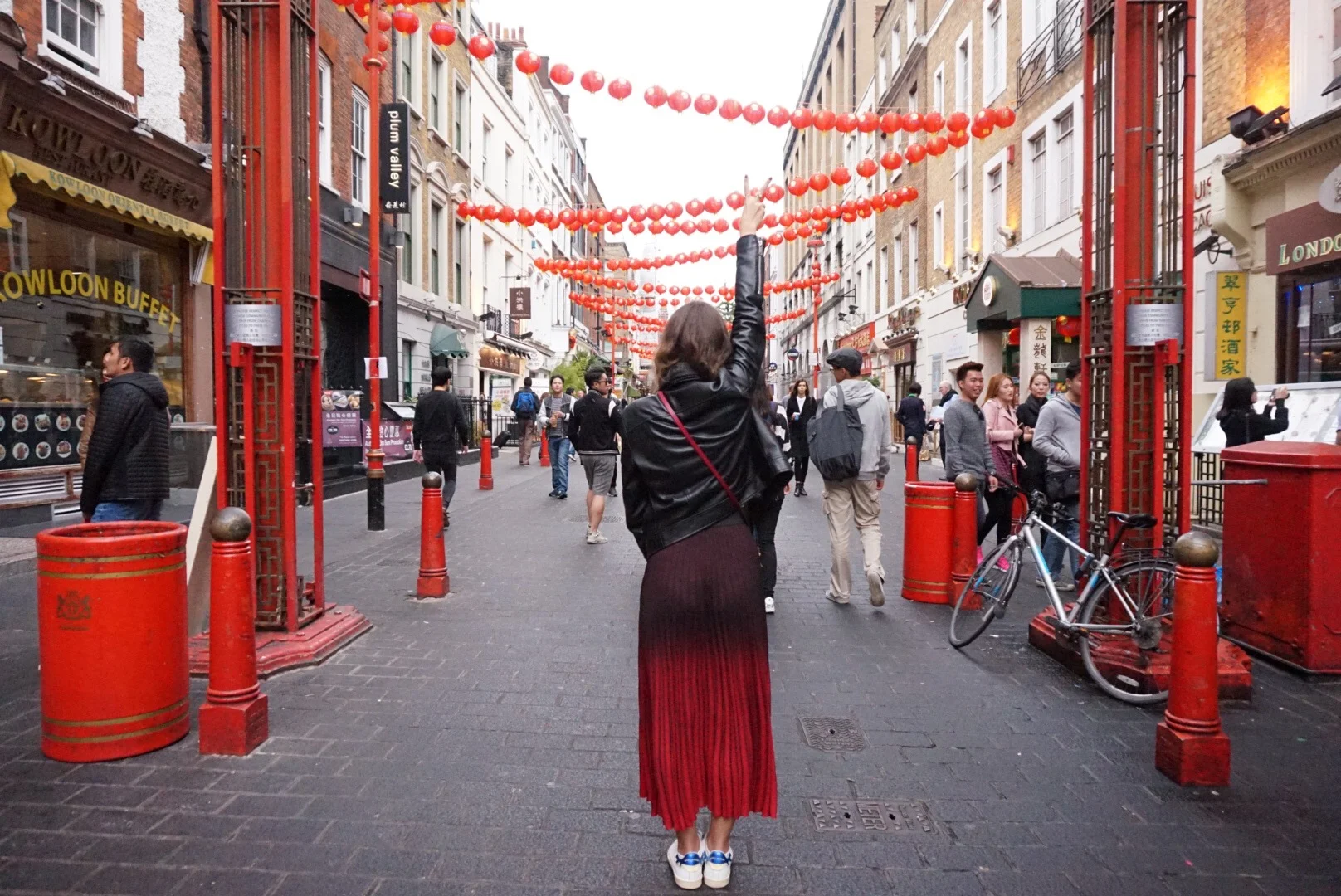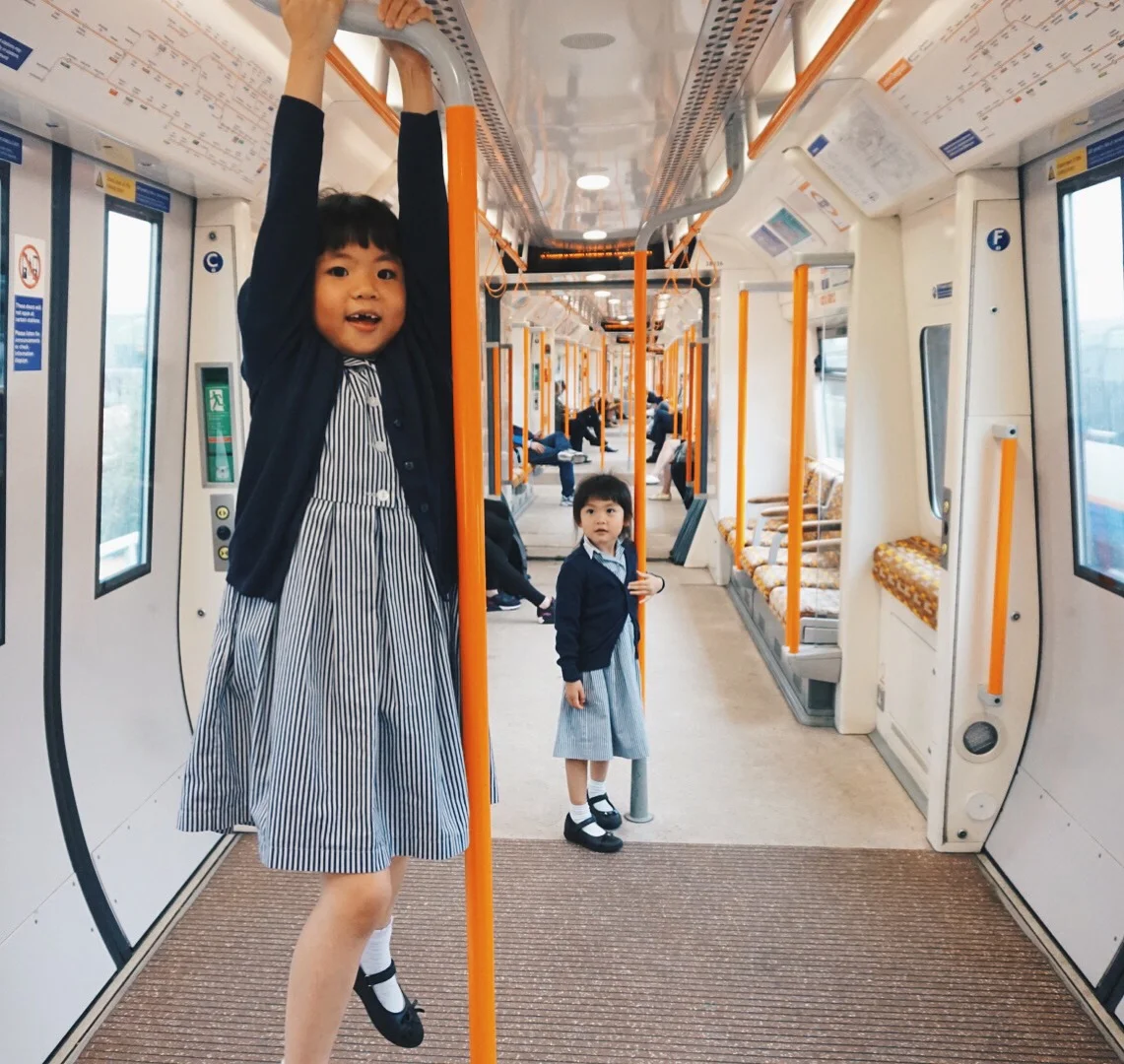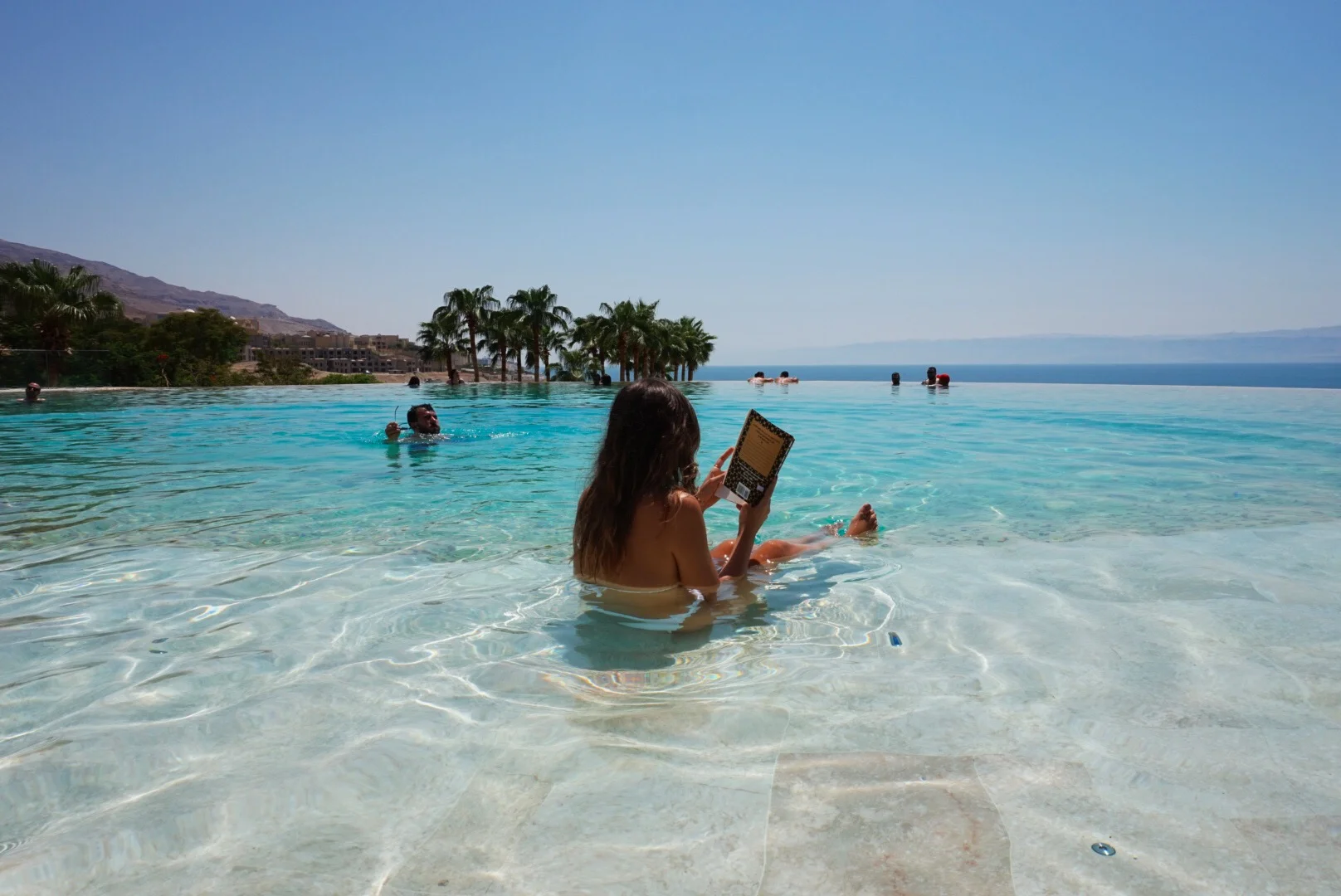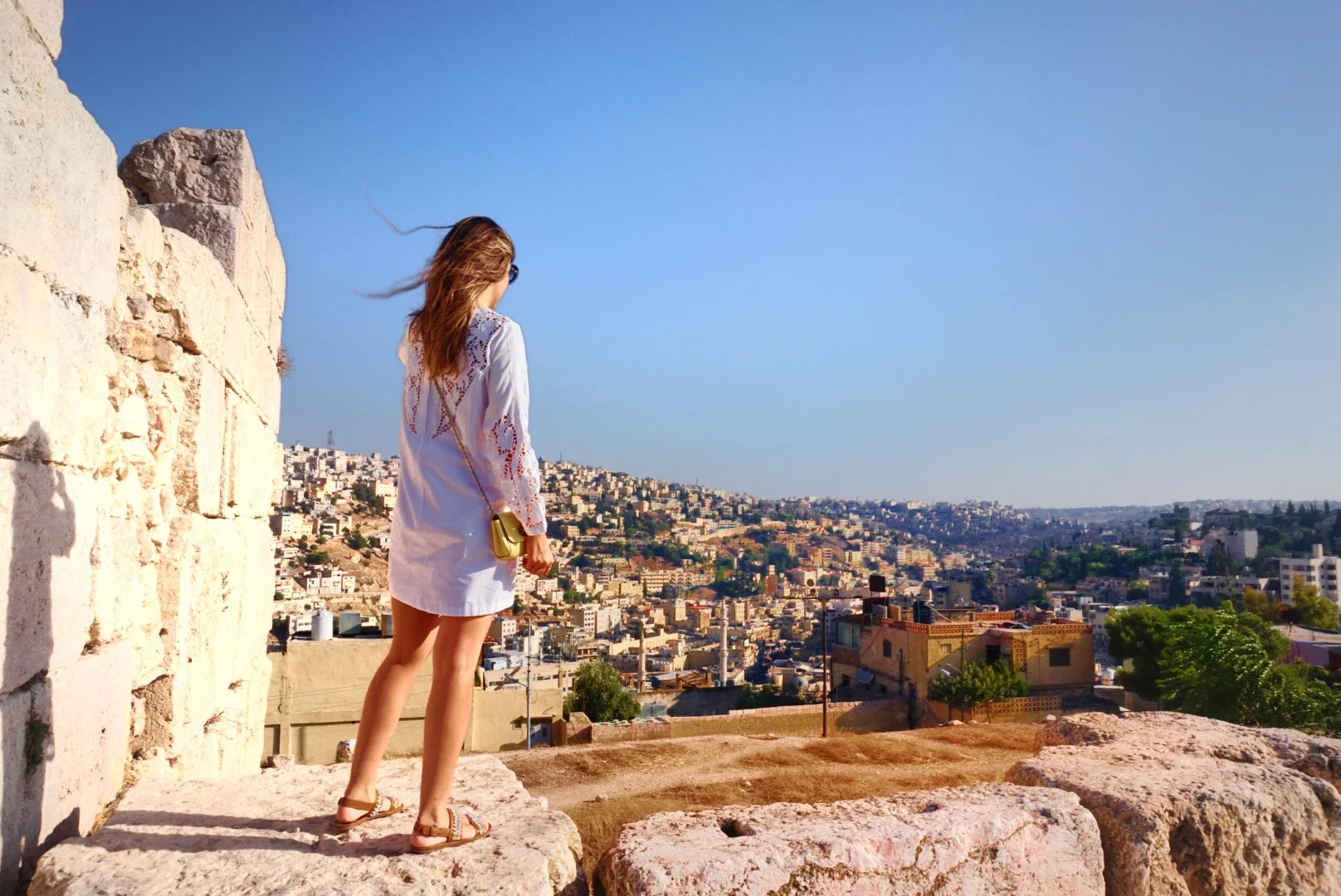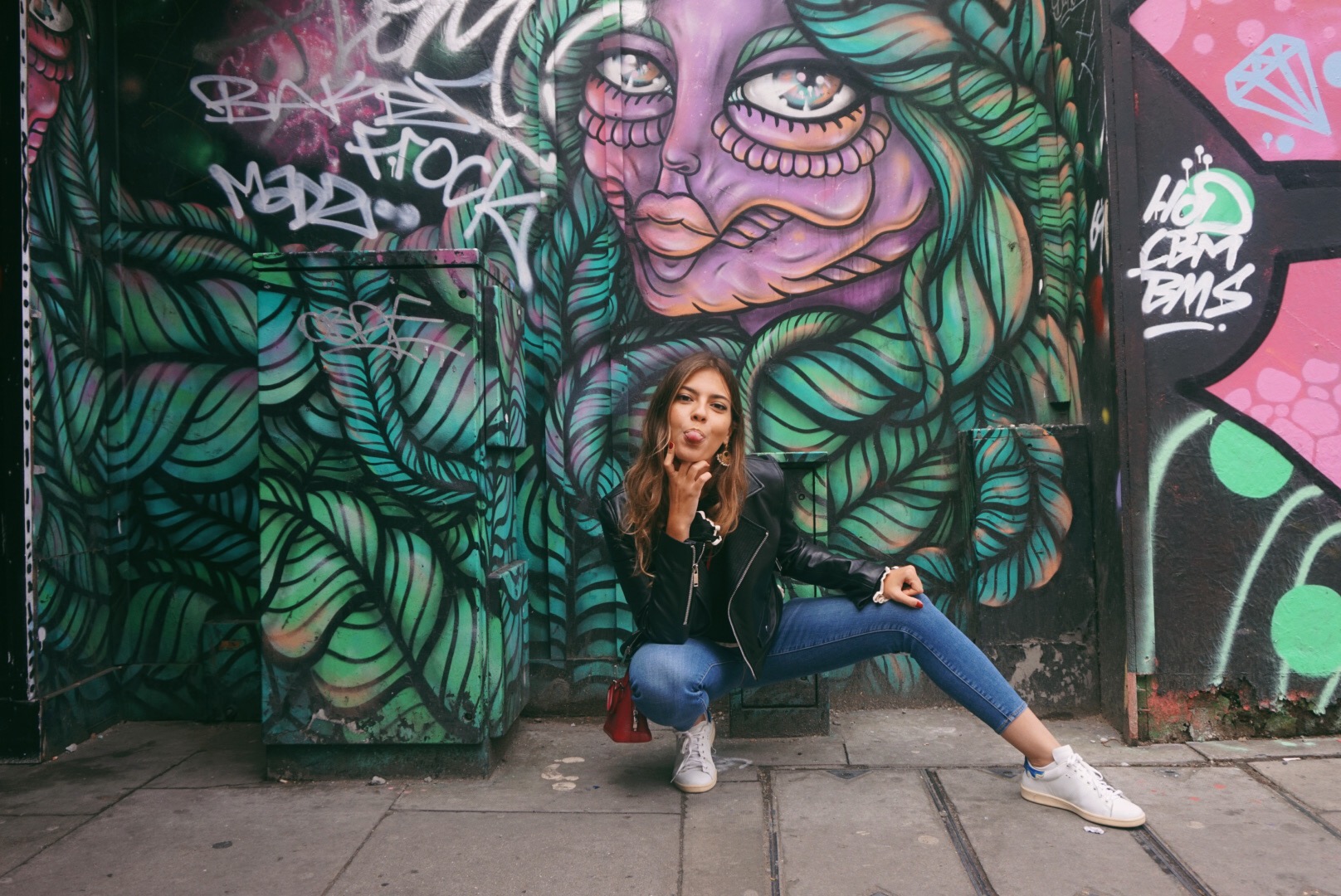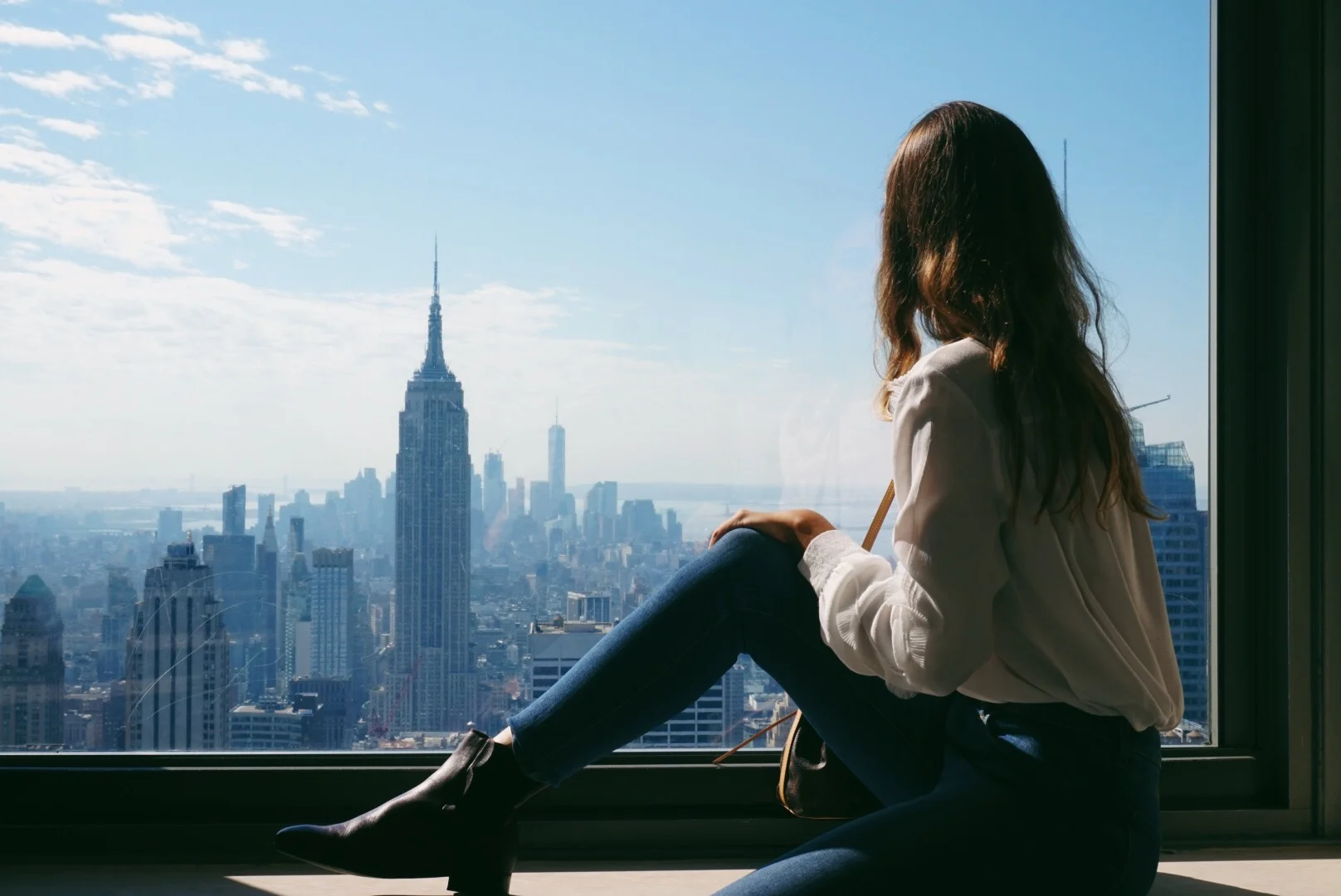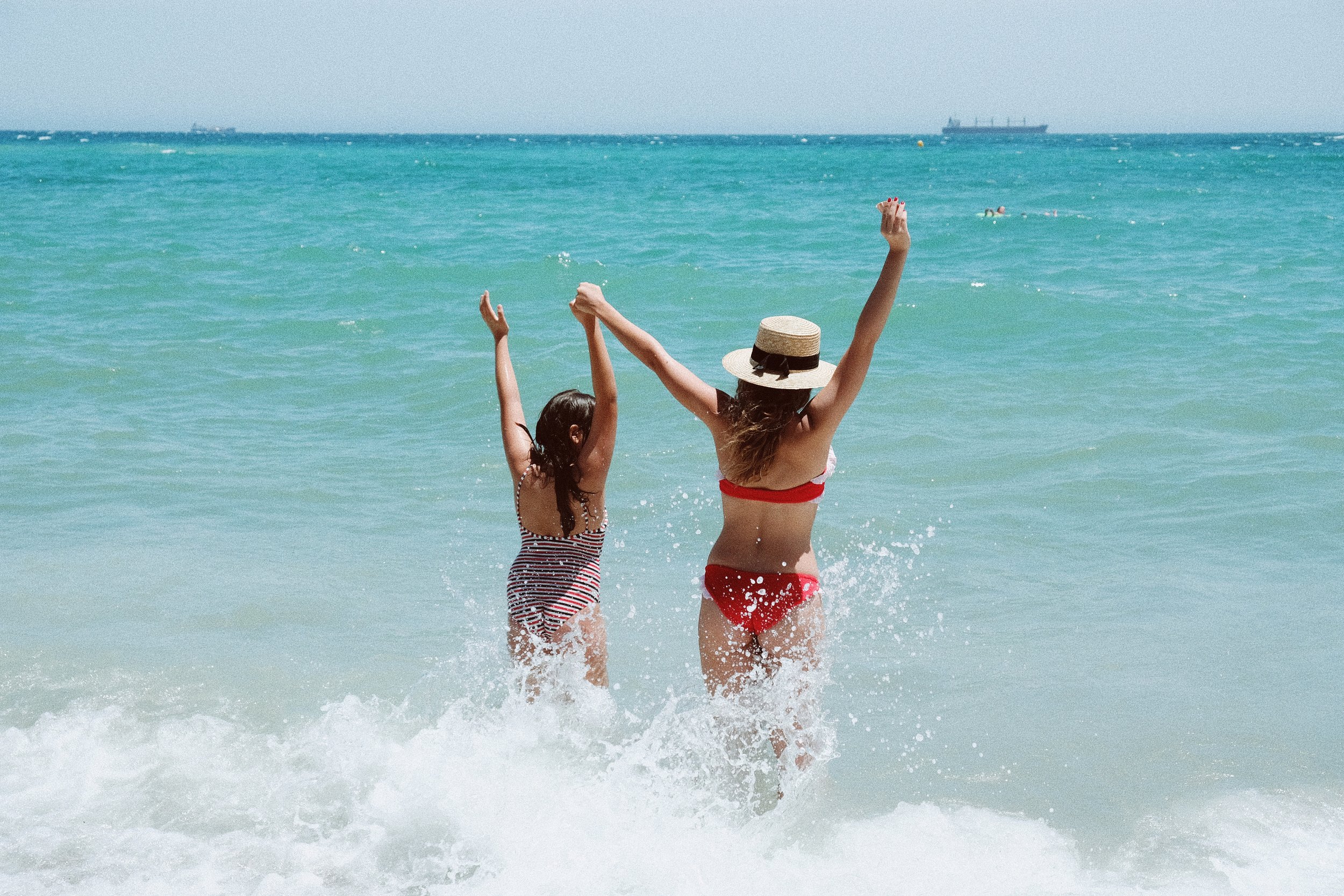Travel blogger and writer Darah is on a two-folded mission when she travels – to dispel the stigma against Arab women traveling alone, and to promote the idea of sustainable travel. Her passion for this self-appointed mission is sure to serve as an eye-opening source of information for all future travelers.
Introduce yourself!
Hello Spirited Pursuit! I'm Darah, 24-year old Dubai-based sustainable travel blogger/writer. By profession I am a buyer but my true passion is travel and photography! My busy schedule and responsibilities have made solo travel my sanctuary. I often plan my travel months in advance, organizing my life around places I want to visit. All my travel is ethical/sustainable meaning that any travelling I do is purposeful leaving a positive impact on the places I visit.
What sparked your interest in sustainable travel?
My interest in sustainable travel began way before I knew the term existed. My first solo trip abroad was to the beautiful Mediterranean city of Beirut, Lebanon after graduating high school. I remember staying with a friend I met at summer camp the previous year, and telling her that I wanted a firsthand experience of her country. I ended up going to her high-school prom, driving to the mountains in the middle of the night with her friends, spending the weekend at a coastal farm drinking beer. I did everything a typical Lebanese teenager did. That experience fueled my curiosity about cultures even more. What did young people around the world do in their free time? That was a question I felt I needed to answer.
As I got older and I began to narrow down my career choices, I began looking for ways I could contribute while doing something I love. That’s when I decided to quit my job, buy a camera and explore my own culture in Jordan.
At that point, Jordan was gaining traction on social media travel blogs with its picturesque rose deserts and roman architecture. But I wanted to shed light on different things — I wanted to show the thriving art scene, the young designers supporting refugees, the local skate park built to support vulnerable children. I felt that as travelers our responsibility is not to exploit the beauty of the world and consume it. Our responsibility is to paint a true picture of the places we visit, understand the culture, and support the people trying to make their home a better place. I think my understanding of sustainable travel wasn’t a matter of finding the term in the dictionary and pursuing it. It was a process and conclusion I came to after seeing how we consume cultures as opposed to celebrating them. Since then I’ve made it a conscious choice to take the road less traveled. I wanted my experiences to be about people and culture rather than trendy vacation spots or Instagram-friendly islands.
Does photography in any way influence the way you travel and see the world around you?
Photography definitely influences how I see the world. When you’re scrolling through your Instagram feed and see photo after photo of the same Santorini sunset it makes me curious — surely there’s more to these islands than meets the eye? The lack of mainstream photography also influences my travel. Have you ever noticed how there are many places we never see photos of? That was something that made me fall in love with Spirited Pursuit. I saw so many stunning photographs I had never come across before. It really inspires me to explore those places further.
Have you had any transformative experiences while traveling?
I would say every trip includes a transformation of some sort. The beauty of travel is that you never come back the same person you were before you left. My most recent transformation was in Cuba. Cuba really tested my ability to be non-judgmental. I always thought I was exempt from being judgmental of other cultures as an Arab Muslim. But I was wrong! During my first days in Cuba I asked my hostess questions with the intention of learning as much as I could. Little did I know they were pretty insensitive questions. I only began to realize how judgmental I was being until she opened up about her childhood. Her intimate stories about growing up in a complex political climate helped me understand the assumptions I had about living under communism. Just because I watched a Netflix documentary did not mean I understood what it meant to be Cuban!
Do you use photography to better tell some of these experiences?
Yes! I always try to capture moments that reflect the true character of the place I am in. I try to capture the people, their most candid or intimate moments, and anything unique or peculiar. I aim to break stereotypes through photography.
What would you say was the most gratifying about your experiences? The most challenging?
The most gratifying part of my experiences is when I establish a connection with the people I meet. As soon as I break any language barriers and begin to form a human connection with the people, I feel instant gratification. The most challenging would be making the connect to begin with. It’s difficult to connect with people in a place where you don’t know anyone or anything especially as a solo female traveler.
Travelling alone, as a woman can be tough as it is. Do you think the experience is any different as an Arab woman?
I am a relatively fair skinned Arab so colorism plays in my favor; in many cases people assume I am European. However, once my identity is clear I face a lot of issues especially at airports. I am often taken to the side and separately investigated at passport control. I’ve lost luggage, almost missed connections and had generally unpleasant journeys because of this. I also face issues when other travelers know where I am from. It’s easy forget that other travelers can be prejudiced too — people don’t feel comfortable with a young, enthusiastic, cultured Arab woman travelling alone. It’s not something they are used to or understand.
Can you explain some of the stigma against a woman travelling alone in your culture?
I think it stems from the false assumption that women are inherently vulnerable and therefore would be unsafe. The need to “protect” women’s “inherent vulnerability” is what drives this stigma. This is an assumption that is popular in many cultures around the world but the lack of female Arab role models in travel makes it more noticeable in my culture. Growing up I barely knew any women who traveled, let alone solo. Still today I get puzzled looks and raised eyebrows when I share my travel plans with friends or colleagues.
Why is it so important to you that Arab women gain the independence to travel alone?
It’s important because it challenges the stigma. Many girls don’t travel because of the societal consequences of doing something frowned upon. As I said, growing up I didn’t know of any Arab women travelling alone. I remember day dreaming about travelling the world one day and I am so thankful I actually got to do it. I am certain that many young Arab women feel the same way and I want to challenge the social stigma and create a community of female Arab travelers through my writing.
Do you have any recommendations for future female travelers?
I encourage you to travel alone at least once even if the idea scares you. Solo travel is a magical experience — it’s so full of possibility. And once you do it you’ll feel so proud! The moment I felt the most confident in my life was after I came back from my first trip alone.
What’s next for you? Any final thoughts or advice?
I’m so excited about this summer because I have so many travel plans! I’m going around Europe for the next month or so. After that I’ll be heading to North Africa and South America again.
To see more of Darah's photography, follow her on Instagram, @darahgram.
Images courtesy of Darah Ghanem, Erinn Springer, and Amanda Villarosa
DID THIS STORY INSPIRE YOU?
If you enjoyed this piece and would like more content like this, please consider a donation to Spirited Pursuit.


